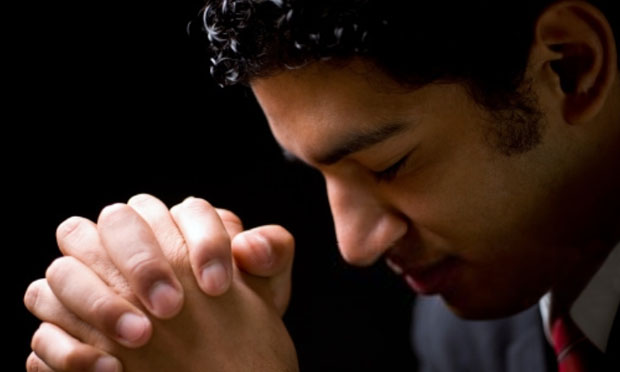In U.S. politics, religious and unaffiliated or nonreligious voters often appear to fall somewhat predictably on opposite sides of many controversial policy and “moral” issues. The issue of immigration reform and the degree to which religion plays a determinative role, however, has yet to be comprehensively studied, despite the fact that many religious leaders have voiced strong positions.
A 2009 study from the University of Iowa published in the Journal for the Scientific Study of Religion, ” ‘And Who Is My Neighbor?’: Religion and Immigration Policy Attitudes,” sought to determine if religious voters favor one immigration policy over another and how the moral convictions of religious leaders play a role in the formation of attitudes. The study, which analyzes data from a Pew Research Center survey on immigration attitudes, ultimately explores whether or not immigration, as with abortion and gay marriage, has become a new “moral issue” in which religion shapes political belief.
The study’s findings include:
- Those who attend religious services more than once a week are between 5% and 7% more likely to support liberal immigration reform policies (legalization and guest worker policies over deportation) than religious people who do not attend church services.
- Holding all other variables constant, being Jewish is associated with a 13.8% increased likelihood of supporting liberal immigration policies.
- Similarly, Latter-day Saints are on average 10.1% more likely to report liberal preferences.
- Born-again Protestants and Catholics who attend religious services frequently are more likely to support liberal immigration policy.
- Black Protestants who frequently attend services are significantly more likely to support an immediate deportation policy option over either a guest-worker or earned legalization option.
- Overall, religion exerts as strong an effect on immigration views as factors such as socioeconomic characteristics, economic perceptions, and racial/ethnic context.
The study’s findings may indicate the existence of common ground among liberal policy makers and the religious community. The author concludes this provides evidence that “individual religiosity can sometimes lead to more liberal policy preferences. Religion and conservative public policies apparently do not always go hand in hand.”
Keywords: Hispanic, Latino, religion, race, campaign issue


Expert Commentary